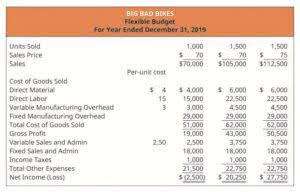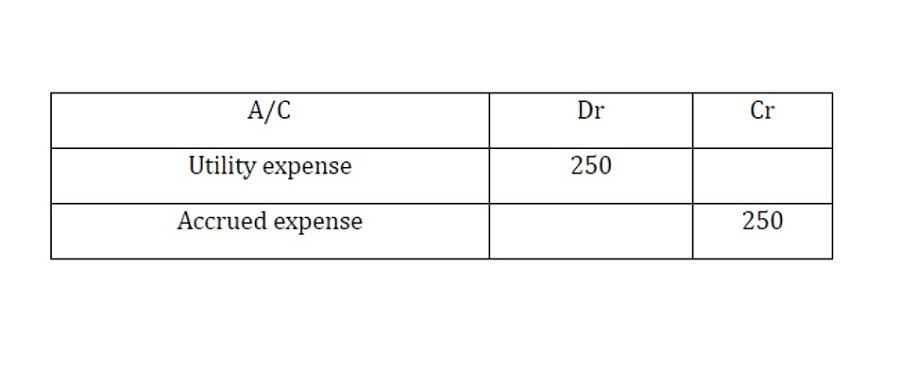
The main difference between bookkeeping and accounting lies in their scope and analysis level within an organization’s financial management process. Bookkeeping is a subset of accounting and primarily focuses on the systematic recording and organization of financial transactions. On the other hand, accounting encompasses a broader range of activities, including interpreting, analyzing, and summarizing financial data to generate meaningful insights for decision-making. Accounting takes the data gathered through bookkeeping and turns it into actionable insights. It involves summarizing, analyzing, and reporting financial information to assess the business’s financial health.

Cost Accounting
Two or more accounts are affected by every transaction carried out by a company so the accounting system is referred to as double-entry accounting. Taking a couple of bookkeeping courses and fostering an essential bookkeeping services comprehension of bookkeeping will qualify you for a task in accounting. Bookkeepers are able to deal with the whole bookkeeping process, while clerks are able to deal with recording monetary exchanges.

Time Constraints – Common Bookkeeping and Accounting Challenges Faced by Small Businesses
- They work together to ensure that the company’s financial records align with tax laws, financial reporting regulations, and industry-specific requirements.
- However, Accounting is the process of measuring and recording all financial transactions of a financial year.
- They should be able to prioritize tasks, meet deadlines, and manage their workload efficiently to avoid delays and ensure smooth financial operations.
- Accountants rely on financial statements from bookkeepers to do their work, but they also look for larger trends and the way money works across the business.
- Sign up to our 30 day free trial so you can try out QuickBooks for your small business before you commit to it.
- Implementing new technology requires time, resources, and training, which may be limited for small businesses.
Successful bookkeepers and accountants have a solid understanding of business operations and industry dynamics. They can contextualize financial information within the broader business context, enabling them to provide meaningful insights and recommendations. Business acumen helps bookkeepers and accountants identify growth opportunities, assess financial risks, and contribute to the organization’s financial health.

© Accounting Professor 2023. All rights reserved

Furthermore, accounting includes the function of financial reporting of values and performance measures to those that need the information. Business managers, investors, and many others depend on financial reports for information about the performance and condition of the entity. It’s crucial to understand the difference between bookkeeping and accounting to avoid these pitfalls. Although these terms are often used interchangeably, they serve different purposes and require unique skills. Understanding their distinctions can help you make smarter financial decisions and keep your business on the path to success.
Technology Integration and Process Improvement
This includes documenting income and expenses, categorizing transactions, and maintaining the general ledger. Without accurate records, businesses risk financial misstatements that can lead to compliance issues or poor decision-making. Technology allows bookkeeping and accounting processes to scale and adapt as businesses grow. Cloud-based accounting software can accommodate expanding transaction volumes, additional users, and changing business needs. This scalability ensures that bookkeeping and accounting practices can keep pace with Medical Billing Process business growth without requiring significant infrastructure investments or operational disruptions. This enables more accurate financial forecasting, trend analysis, and risk assessment.

Are bookkeeping and accounting different?
This enables the business owner to focus on core activities such as business development, strategy, and customer relationships. QuickBooks Online is great for businesses who need access to their business data from fixed assets anywhere and real-time collaboration. Online accounting and bookkeeping software can improve productivity by automating time consuming tasks such as invoicing, tracking expenses and inventory management. This allows you to free up your time to focus on other areas of your small business such as sales and marketing. QuickBooks gets rid of the need for multiple spreadsheets and mental math. When it comes to managing your money, you can see it all—and do it all—in QuickBooks.
